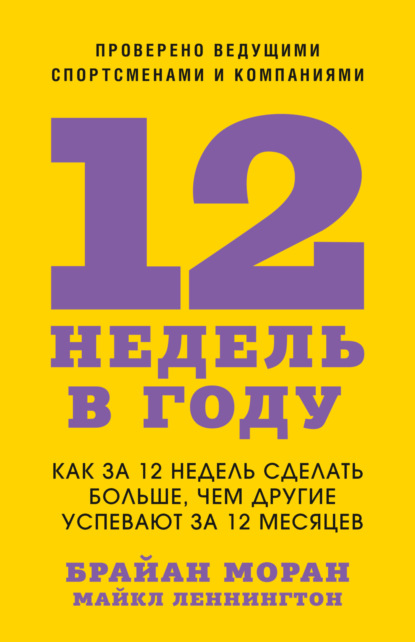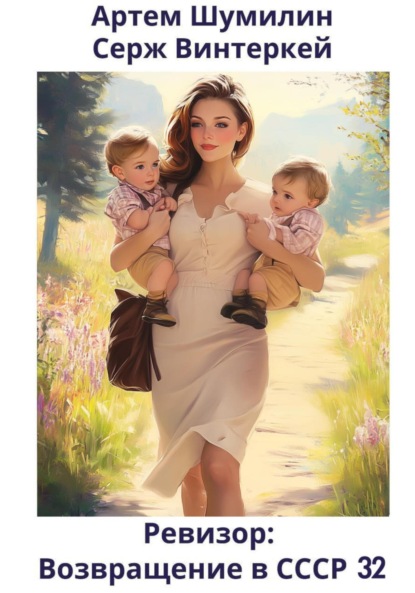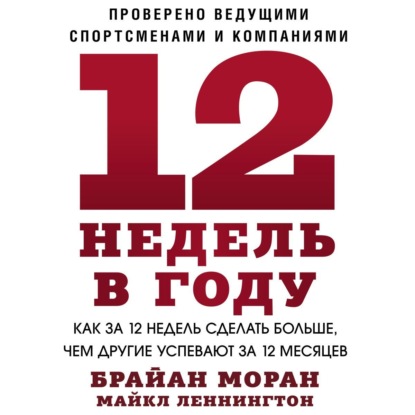Excerpt from Bulletin of the High School Teachers Association of New York City: January, 1916
Subsequent to this address the Department of Secondary Education appointed on the subject a standing committee of five, which, under Mr. Lyttle and G. P. Morrison as chairmen, reported to the association in 1907, 1908, and 1909. The first two reports presented arguments, both educational and economic, for the establishment of the six-year high school; the last one, after quoting from letters by prominent schoolmen who after more or less experience favored the organization, declared that "the change to a six-six division is inevitable; it is now taking place in various ways to meet local conditions." The movement has had further impulse since then by the reports of the Committee on Economy of Time in Education and of the Commission on the Reorganization of Secondary Education.
However strong the arguments for annexing two years to the high-school period, such a change could hardly be successful unless at the same time there were dissatisfaction with the work now generally done in the seventh and eighth grades Such dissatisfaction there is in abundance The distribution of eight years to the elementary school and four to the high school is pretty generally accepted as an accident, finding no justification in comparative education, psychology, or the logical demands of local conditions. Besides this, the curriculum of the elementary school has become hopelessly congested, both by the introduction of subjects new to any curricula, and by the adoption, usually under stress, of subjects formerly taught in secondary school. Most, if not all, of these subjects are now so firmly established that the attack on "school fads," usually coupled with a demand for a "return to the three R's," is received with small sympathy by schoolmen or by the public. With an increasingly complex social and economic life, the school can never return to the old simple form of education. Those defending the newer subjects declare that there would be ample time for all useful matter in the upper grades if there should be eliminated from such subjects as grammar and arithmetic the formal phases that can be justified only by tradition or by a belief in the discredited doctrine of formal discipline, and if they would put a stop to the wasteful and futile reviews that now occupy so much of the energy of these last years of the elementary school. It is charged, moreover, that there is a lack of real progress in the seventh and eighth grades, and that the; large mortality of pupils in the first year of high school is due not to the arbitrary course or to the poor teaching in the upper school, but rather to the fact that the preparing school has not done its full duty.
Another charge pretty generally made against the usual organization of our schools is that it causes too sharp a break after the eighth grade, that the elementary school courses lead nowhere, neither to the secondary school, nor to competent work in the world.
About the Publisher
Forgotten Books publishes hundreds of thousands of rare and classic books. Find more at www.forgottenbooks.com
This book is a reproduction of an important historical work. Forgotten Books uses state-of-the-art technology to digitally reconstruct the work, preserving the original format whilst repairing imperfections present in the aged copy. In rare cases, an imperfection in the original, such as a blemish or missing page, may be replicated in our edition. We do, however, repair the vast majority of imperfections successfully; any imperfections that remain are intentionally left to preserve the state of such historical works. Это и многое другое вы найдете в книге Bulletin of the High School Teachers Association of New York City















